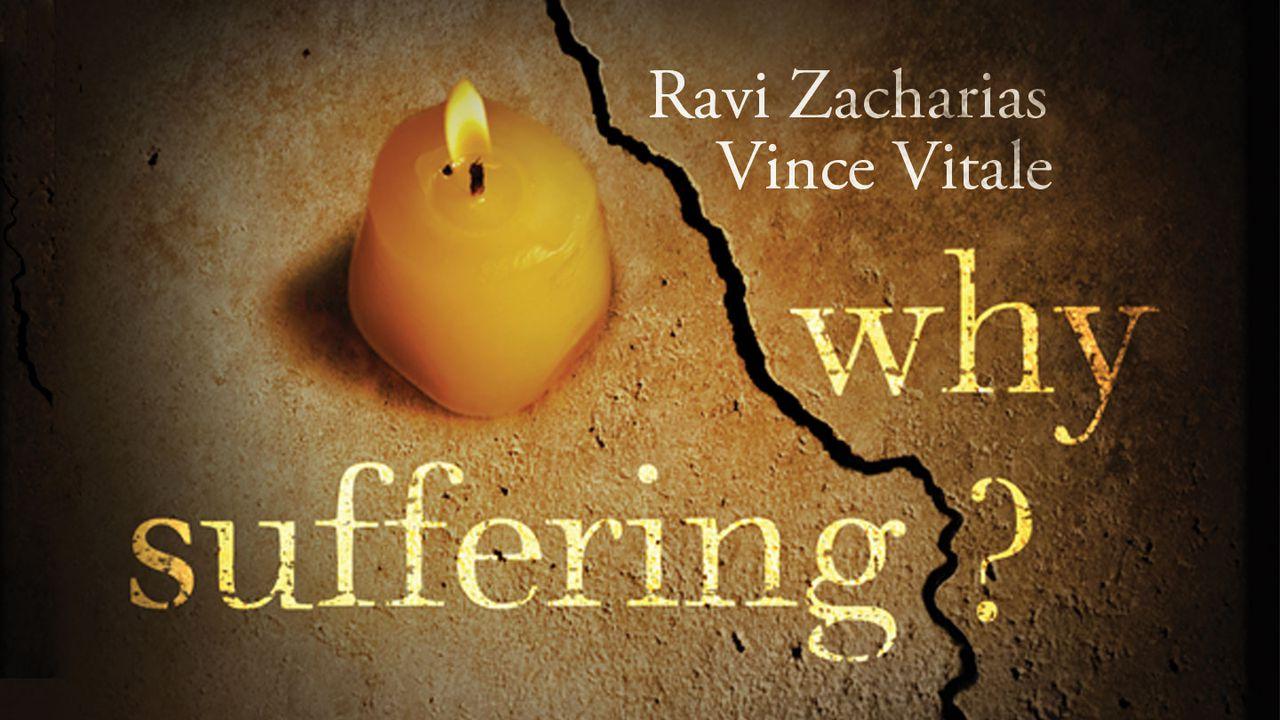Why SufferingSample

Love and Freedom
From the Evidential Argument to the attempt to defend personal morality within their worldview, the naturalist tries a final door. Now they ask why God couldn’t have made humanity so that we would always choose that which is good. It’s a fascinating question because it once again assumes a category (good) that a non-theistic framework actually cannot support.
Can one love without having the freedom to choose not to love? Determinism can condition compliance, but determinism cannot offer love. Even the existentialist, Jean-Paul Sartre, acknowledges as much in Being and Nothingness: “[T]he man who wants to be loved does not desire the enslavement of the beloved. . . . He does not want to possess an automaton. . . . [I]f the beloved is transformed into an automaton, the lover finds himself alone.”[1]
When you are loved by someone hard-wired to love you, you find yourself alone. Why? Because the lover doesn’t love you by choice; the lover loves by compulsion, which isn’t love. Indeed, to make free choices without intrinsic freedom is to make something that isn’t human. In effect, the deed of mutilation is done. Naturalism kills both the general and the particular: the general care for our fellow human being and the particular love for our own offspring—the very two essentials that make our world possible.
If one is willing to live with the contradictions of atheism, then why not give that benefit to God as well and allow God to be contradictory and be all-loving while allowing pain? Why is it that our contradictions aren’t a problem? Is it not possible that the problem of evil is more explainable within the assertions of the Christian worldview than any other?
Explaining the absoluteness of evil within the theistic paradigm is far more rational than trying to explain the absoluteness of good within the atheistic paradigm. So is the next step to deny good? Good and evil do form the opposite poles of our human struggle, and to deny either is to deny an inescapable reality. The assumption that God is contradictory because He allows evil and suffering to be part of our experience is false, and living with such a belief is devastating.
Atheism starts off with a question that posits certain categories, and then is ultimately forced to actually deny such categories. Atheistic thinking is also trapped in the vice-grip of determinism but presumes to somehow rise above it when it argues for morals, believing passionately that humans are free but all the while discrediting the reasoning behind what makes us free.
In short, pantheism and atheism end up in the same predicament: Both are playing God. The only difference is that one denies matter, the other denies the spirit. In recognizing the place of the Creator and His purpose, the Christian faith affirms the reality of both the physical body and the soul.
This is a key priority. As George MacDonald said, “Never tell a child you have a soul. Teach him, you are a soul; you have a body.”[2] In the recognition of that, pain and suffering are explained and the greater needs of the soul and its expressions are given their rightful place. Since the spiritual and the physical are kept in balance the two great truths emerge—the need for redemptive and sustaining grace, and the supremacy of love.
The Psalmist talks of the glory of creation in the most exalted terms, and then of the glory of praise from infants and young children (Ps. 8:1–2). The baby’s very existence reveals the cardinal excellencies of faith, hope, and love. When Paul said that there abide these three things, faith, hope, and love (1 Cor. 13:13), and that the greatest of these is love, he identified the three great excellencies of which both children and adults were capable.
A child lives with incredible faith. When he or she cries, it’s in the hope that the cry is heard. When arms envelop that little one, love is expressed. All of these concepts are best represented in a child, even before they are capable of expressing them.
The body of pain will one day be cast aside. The soul that enjoys God’s love and forgiveness will live forever. Love and forgiveness. Remember those two terms. That is the story of the gospel. No other faith or philosophy tells that story.
Reflection Questions
- Why is determinism incapable of offering love? Why is the freedom to choose essential if love is to be possible? What does this connection between love and freedom suggest about the reality of evil in our world?
- Read Matthew 10:28. Jesus teaches that our bodies are ensouled physical objects. Why does it follow that you continue to exist even when your body dies? In other words, why are you more than just a body with a brain?
Bible Verses
- Psalm 8:1–2
- Matthew 10:28
- 1 Corinthians 13:13
Citations
[1] Jean-Paul Sartre, Being and Nothingness (New York: Pocket Books, 1984), 478.
[2] George MacDonald, as quoted in “Words and Truths, Part II,” British Friend 7, vol. 1 (July 5, 1892): 157. Available online at http://books.google.com/books?id=vDMrAAAAYAAJ&dq=george%20macdonald%201892%20british%20friend&pg=PA157#v=onepage&q&f=false.
About this Plan

This study is based on the book WHY SUFFERING? written by Christian apologist Ravi Zacharias and Vince Vitale, Dean of the Zacharias Institute, It is written for the Christian struggling for an answer, the seeker who thinks suffering disproves God’s existence, and the sufferer who needs a glimpse of a loving God.
More
Related plans

The Comparison Trap: Finding Contentment in God's Provision

Becoming Love: If We Start at Finish, Where Do We End? (Part 1)

Lessons From Carols

Advent Meditations

12-Day Advent Devotional for Families

Motivation to Never Give Up - Faith & Film

Defying Materialism: A Men's Devotional

When Your Child Fails: Turning Your Child’s Mistakes Into Moments of Grace and Growth

Soaring Higher
